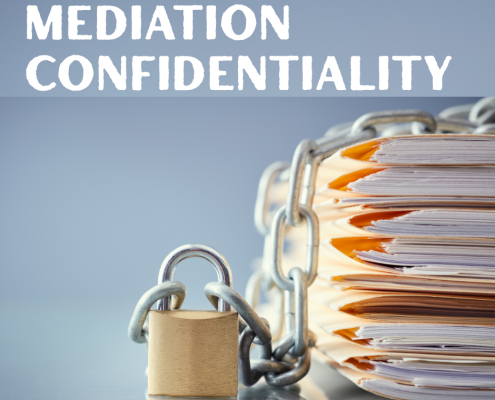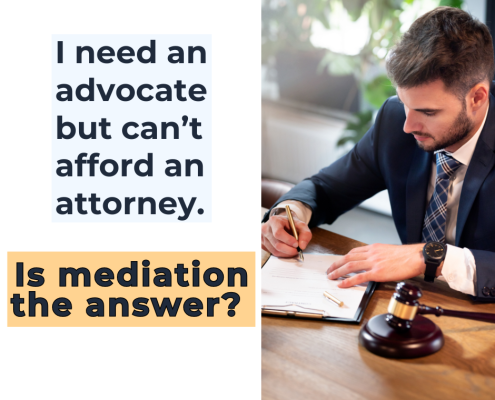
What Types of Issues Can Be Mediated?
Any type of dispute is stressful, and it’s even more so when…

What Is the Role or Job of a Mediator?
Even the most zen person in the world will face conflict at some…

Mediation Confidentiality: Exceptions and Advantages
Mediation has become one of the most popular ways to resolve…

I Need an Advocate but Can’t Afford an Attorney. Is Mediation the Answer?
When facing a dispute, it can feel overwhelming trying to ensure…

Mediation is More Effective Than ‘Just a Conversation’
“Discourage litigation. Persuade your neighbors to compromise…

Can you mediate a case with a history of domestic violence?
According to the National Coalition Against Domestic Violence,…

How lenders can use mediation to collect on delinquent accounts
With rising inflation and the cost of everything from student…

Benefits of Workplace Mediation
There’s no perfect workplace, and with professional settings…

Why Schools Care so Much About Truancy and How Restorative Justice Programs Can Help
From the school’s perspective, state funding is based on the…

What is Behavioral Health Mediation?
If you’ve ever experienced mental, behavioral, or emotional…
